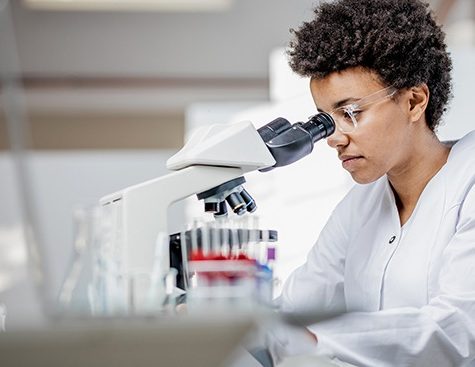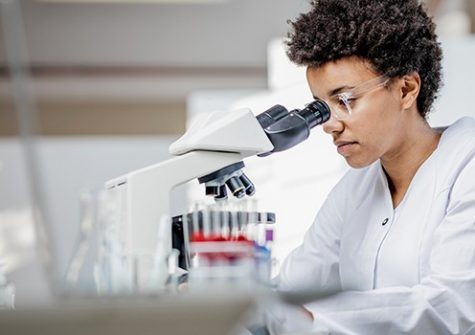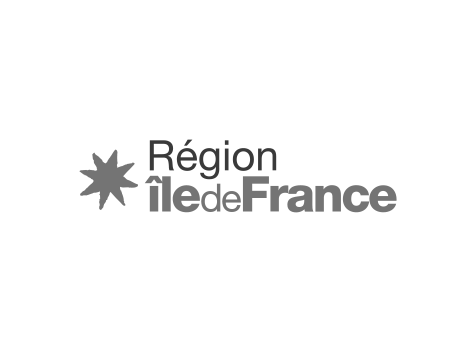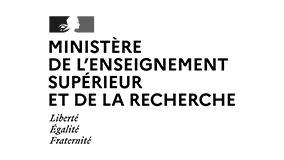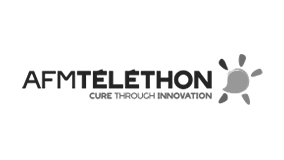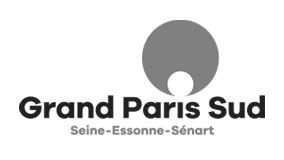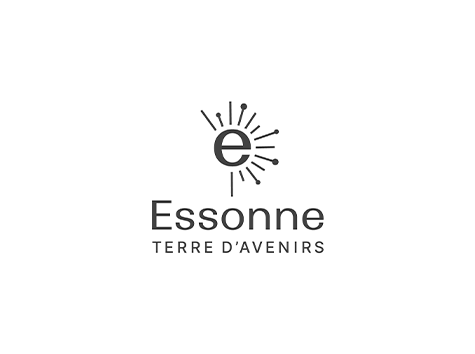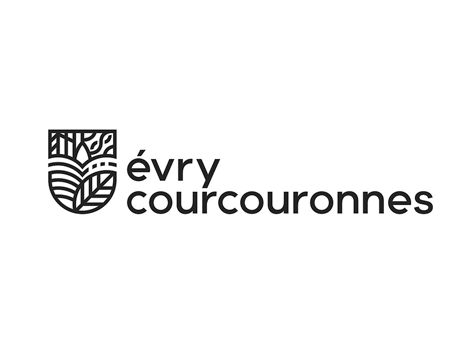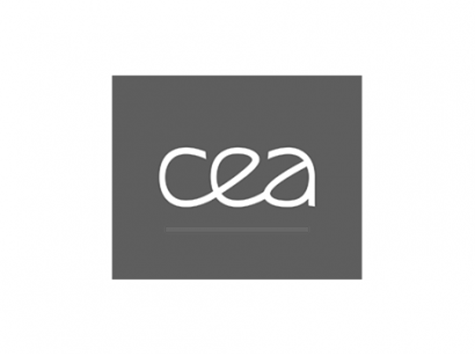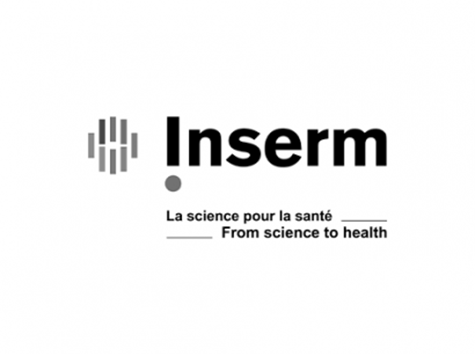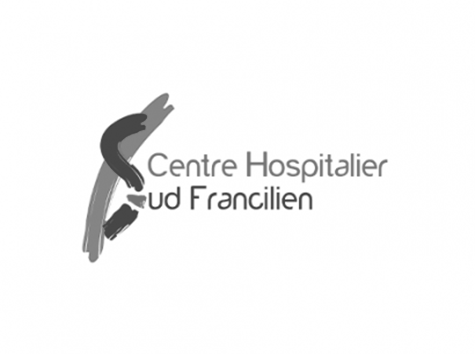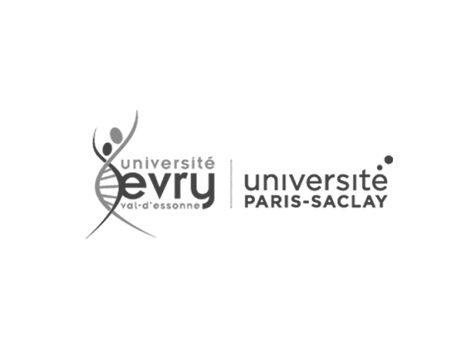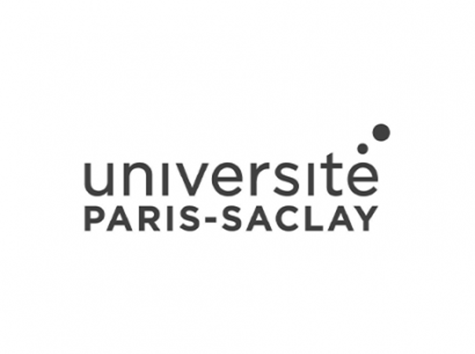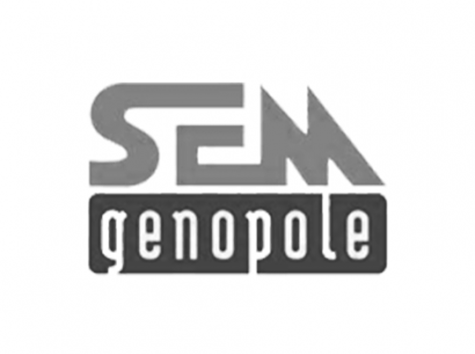The purpose of the Genopole Thematic Incentive Actions (Atiges) is to contribute to the emergence of future scientific leaders by offering tenured researchers the possibility of creating a team within the already-established research units at the biocluster.
Who are the Atige allocations for?
The Atiges are intended for researchers who already have a position within a public organism or are likely to attain one before the attribution of the Atige.
The Atiges have a maximum duration of three years and the candidate projects must be coherent with Genopole’s centers of interest:
- genomics and post-genomics,
- biotherapies,
- bioinformatics,
- biophysics,
- engineering sciences as applied to large-scale biological domains (transcriptomics, proteomics, metabolomics, systematic biology, synthetic biology, etc.).
Three years of support for creating a new research team
Every year, Genopole issues a call for candidates, from which an independent scientific committee chooses the Atiges recipients.
The laureate projects receive €250,000 over three years (expenses and managerial costs included) with the possibility of hiring lab assistants (fixed duration contracts), PhD students or postdocs to constitute a team.
Furthermore, to strengthen excellence in research within the biocluster, researchers who are untenured but ERC-funded may also respond to the Atige calls for proposals.
Genopole launches an Atige call for candidates yearly.
Atiges since 2001
The majority of Atige teams remain at Genopole at the end of their projects.
Since 2001, 31 three-year Atiges (including one financed by AFM) have been deployed by Genopole.
At year-end 2020, five Atiges programs were active. Of the 26 completed Atiges, eight were maintained in the host lab, 2 prompted the establishment of a new research unit at Genopole and 14 left the biocluster.
The 2016 Atige was specifically dedicated to biomathematics to strengthen that discipline at Genopole. Its recipient, Guillem Rigaill, is developing innovative models for analyses in genomics and the study of gene expression regulation at LaMME, the Évry Mathematics and Modeling Laboratory. Furthermore, at his arrival, he joined efforts to develop an advanced learning program that will federate numerous Genopole teams.
The 2017 Atige was granted to Marco Mendoza for the creation of a systems biology team within the UMR 8030 Genomics Metabolics unit.

